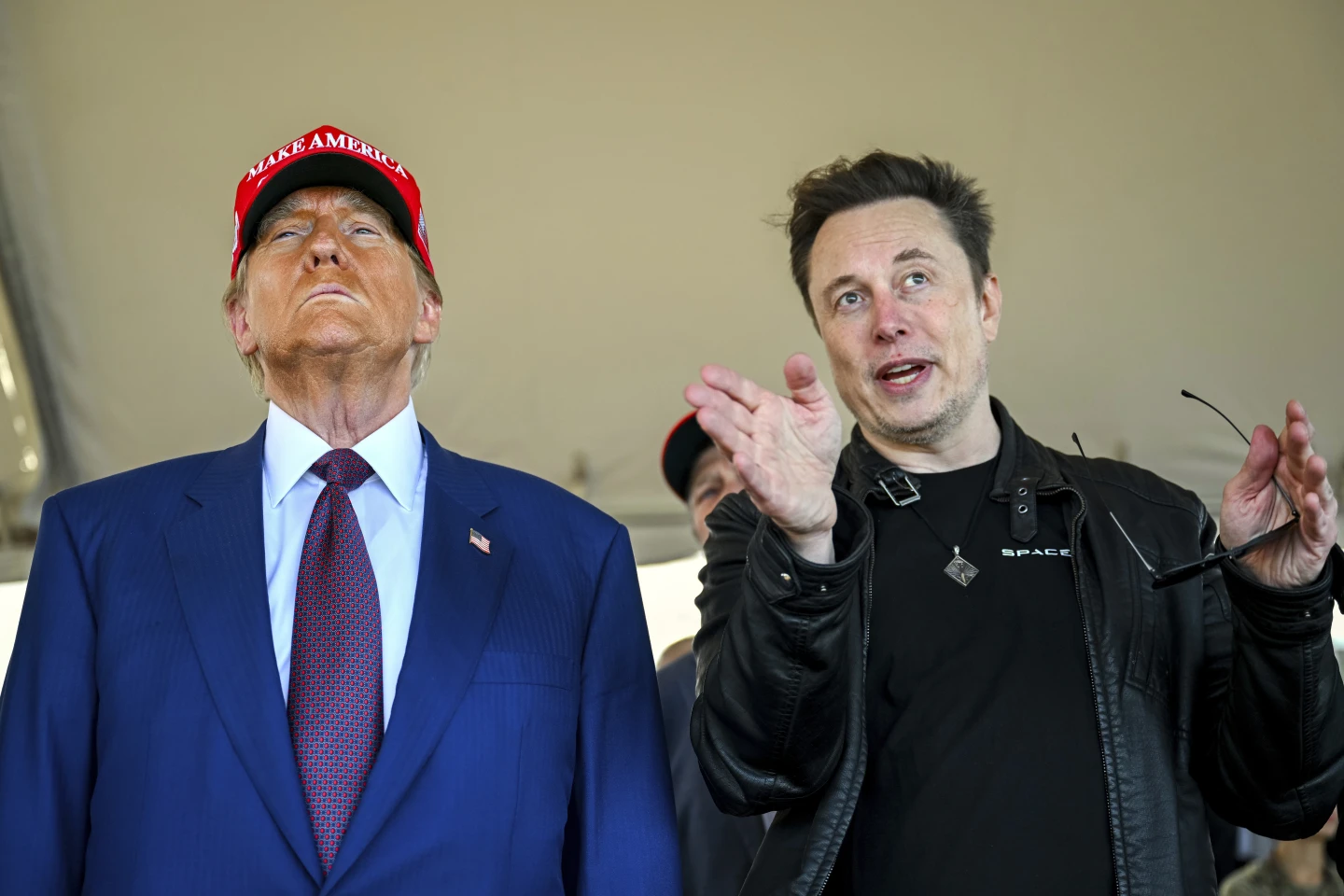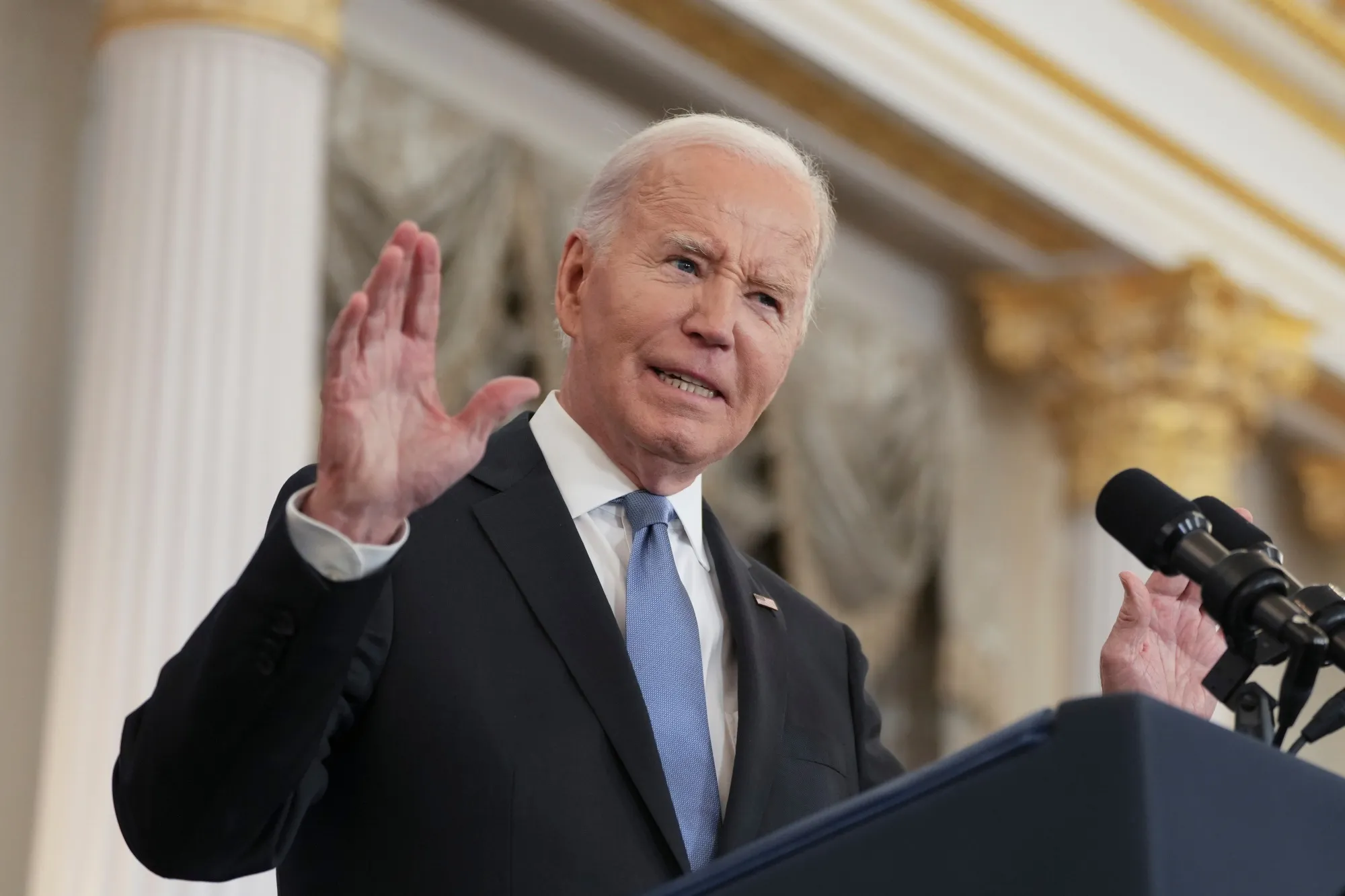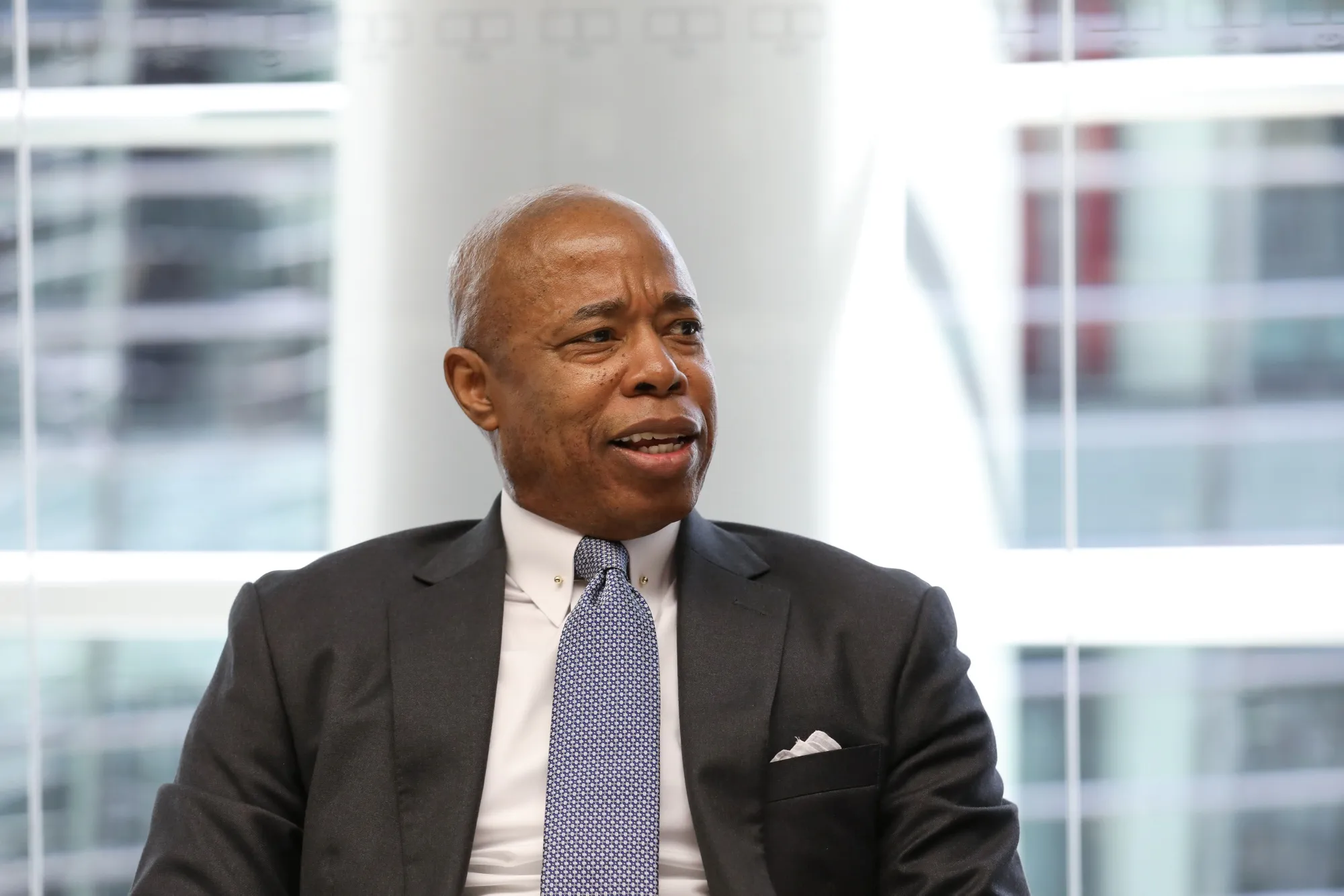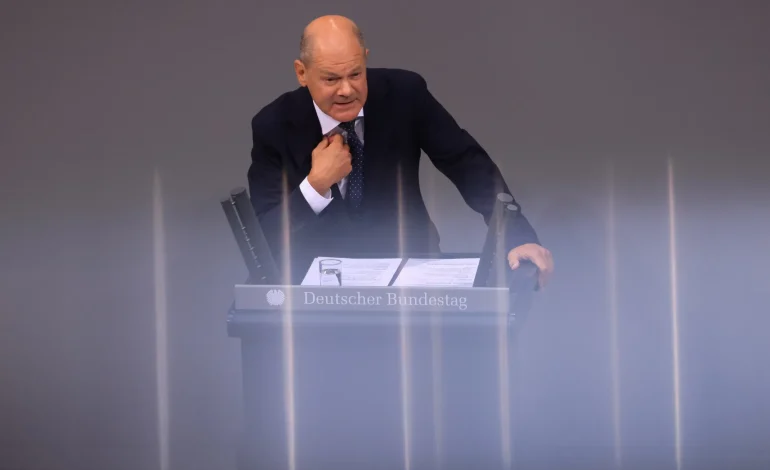German Chancellor Olaf Scholz launched a scathing attack on conservative opposition leader Friedrich Merz during a heated parliamentary debate on Wednesday, accusing him of prioritizing “cheap headlines” over real solutions to the country’s pressing issues, particularly immigration, Bloomberg reports.
The debate, dominated by migration concerns, effectively served as an early election campaign broadside from Scholz, with just over a year remaining until the next national vote. His unusually spirited attack came just a day after conservative lawmakers walked out of government-led talks aimed at finding solutions to irregular immigration.
Addressing Merz directly, Scholz accused the Christian Democrat leader of being “the type of politician who thinks you have already solved the migration issue with one interview in Bild am Sonntag” newspaper.
“That’s not the reality, especially if you belong to the group of politicians who forget what they have just proposed as soon as they leave the newsroom,” Scholz said, prompting laughter and cheers from coalition lawmakers.
He accused Merz of lacking genuine commitment to tackling the issue.
“Because you never intended to tackle this in the first place. That’s bad politics.”
Recent opinion polls have revealed growing public frustration with the ruling coalition’s immigration and asylum policies, contributing to the strong performance of far-right and far-left parties in two regional elections in eastern Germany earlier this month.
This dissatisfaction has also contributed to record low voter support for the three parties in Scholz’s governing alliance, whose combined backing currently stands at around 30%, significantly lower than the main opposition CDU/CSU alliance’s tally of about 32%.
Scholz’s decision to focus almost exclusively on migration in his speech on Wednesday signals that the issue will take center stage in the upcoming election campaign.
The German leader and his cabinet have recently adopted a more assertive tone on immigration, aiming to convince voters of their ability to manage the influx effectively. Scholz stressed that while openness to migrants is important, “that does not mean that everyone who wants to come to Germany can do so.”
The AfD, a far-right party with national support around 17%, achieved its first regional election victory in Thuringia on September 1st, while securing second place in neighboring Saxony.









